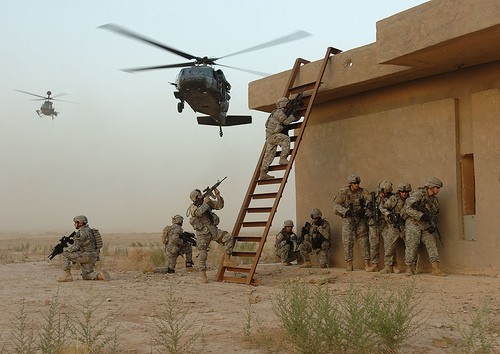Combat Vets More Likely to Abuse Alcohol than Experience PTSD
Alcohol abuse and depression are the most commonly experienced mental health disorders experienced by British troops returning from combat – not PTSD as is widely believed.
This information comes from a research study performed by scientists at the King’s Center for Military Health Research, which has been published in the journal, BMC Psychiatry.
To come up with the prevalence rates, the researchers interviewed a random sample of 821 UK combat vets. They found that of returning combat soldiers:
- 18% were alcohol abusers
- 13.5% suffered a mood disorder (depression or anxiety)
- 4.8% experienced symptoms of PTSD
- 27.2% suffered at least one mental health disorder
These rates were comparable to those found previously in US soldiers returning from combat.
Dr. Amy Iverson, who led the study, commented on its significance by saying, "Although our perception is that PTSD symptoms are the main source of psychiatric illness in Service personnel, alcohol misuse and depressive disorders are actually much more common. Prevention and intervention in these areas should be high priority."
Soldiers returning from combat areas have higher incidence rates of mental health disorders than soldiers stationed domestically.
Post a comment 0
Copyright Notice
We welcome republishing of our content on condition that you credit Choose Help and the respective authors. This article is licensed under a Creative Commons License.

 John Lee
John Lee
